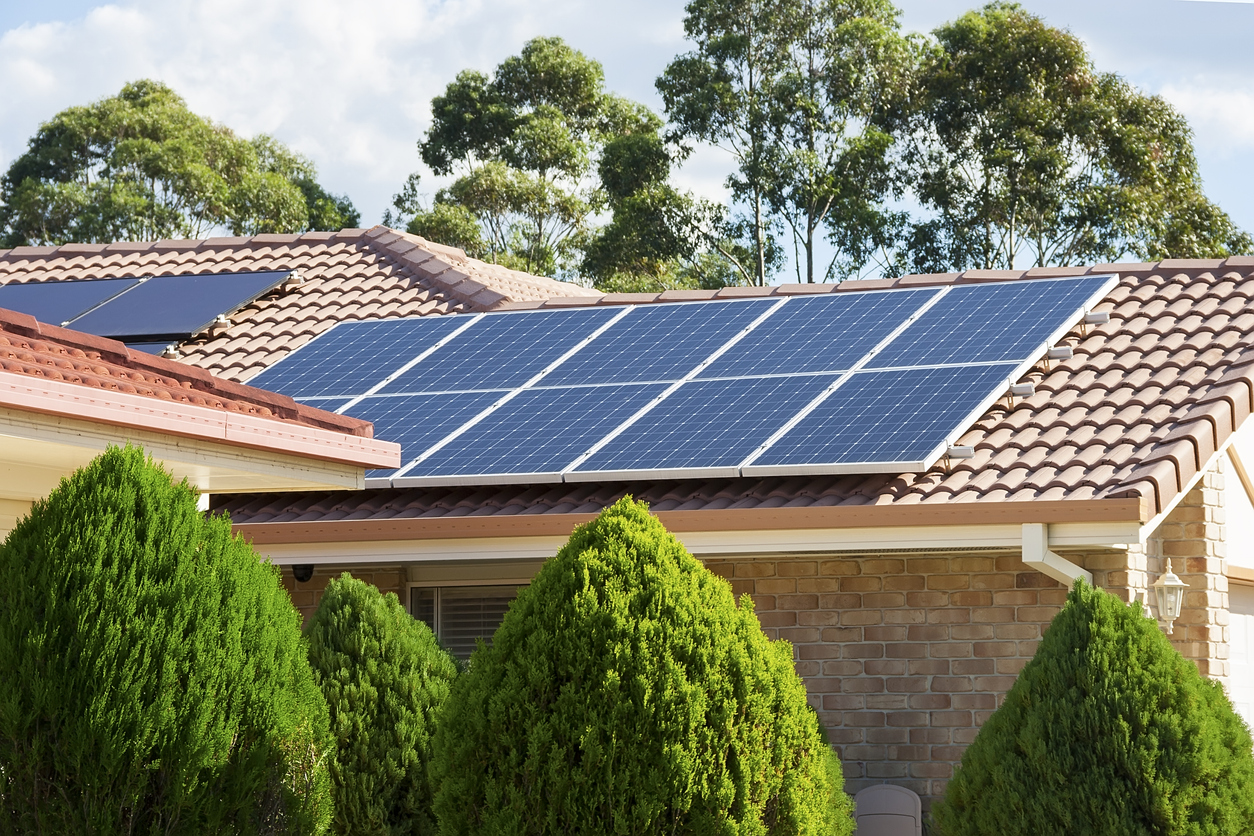The HERS Rating is a powerful tool for understanding and improving a home’s energy efficiency. Not only does it offer immediate benefits in terms of cost savings and comfort, but it also supports broader environmental goals by reducing the home’s carbon footprint.
With the guidance of a certified HERS Rater, homeowners can make informed decisions that enhance their home’s value, performance, and sustainability. Whether you’re building a new home, buying an existing one, or looking to make energy-efficient upgrades, a HERS Rating is a critical step toward achieving your energy efficiency goals.
45L Energy Consulting Form
"*" indicates required fields
HERS stands for Home Energy Rating System. It’s a comprehensive assessment developed by the Residential Energy Services Network (RESNET) to measure a home’s energy efficiency. The rating process evaluates various components of a home, including insulation, windows, ductwork, and HVAC systems, among others. A certified HERS Rater conducts the assessment, using specialized software to simulate the home’s energy consumption.
The outcome of this evaluation is a HERS Index Score, which operates on a simple scale: the lower the score, the more energy-efficient the home. A standard new home is set as the baseline with a score of 100, while a net-zero energy home scores a 0, indicating that it produces as much energy as it consumes.
The most direct benefit of a low HERS score is reduced energy consumption, leading to lower utility bills. Energy-efficient homes are not only cheaper to operate but also offer a more comfortable living environment through better temperature regulation and air quality.
Homes with a low HERS Rating often command a higher resale value. Buyers are increasingly recognizing the value of energy efficiency, both for its environmental impact and for the long-term savings it offers.
Optimizing a home’s energy use reduces its carbon footprint, contributing to broader efforts to combat climate change. A lower HERS Rating signifies a home that demands less from power plants, thereby reducing greenhouse gas emissions.
Many states and utilities offer incentives, such as rebates and tax credits, for homes that achieve certain HERS Rating thresholds. These can help offset the costs of energy-efficient upgrades. HERS ratings are also required for energy mortgages.

HERS Ratings can only be provided by certified HERS Raters, such as Source Advisors. Our in-house professionals have undergone rigorous training and certification through RESNET-accredited training providers. They are equipped with the knowledge and tools to conduct energy assessments and offer recommendations for improvements.